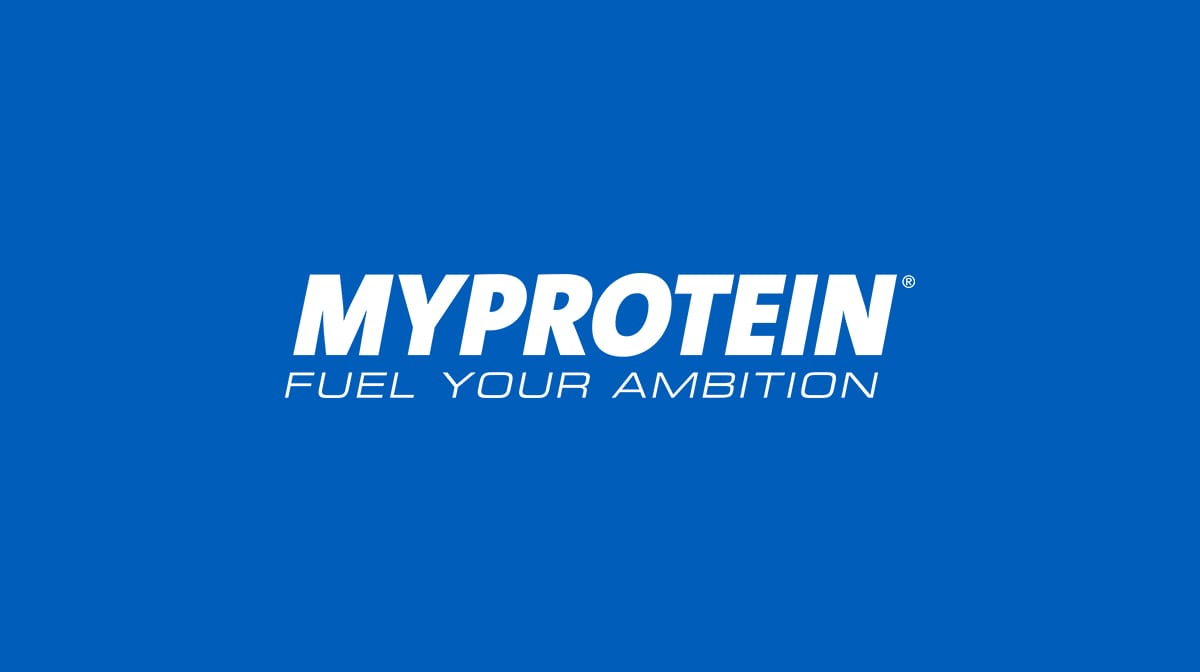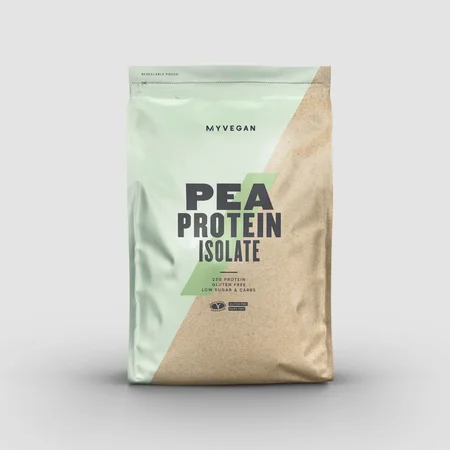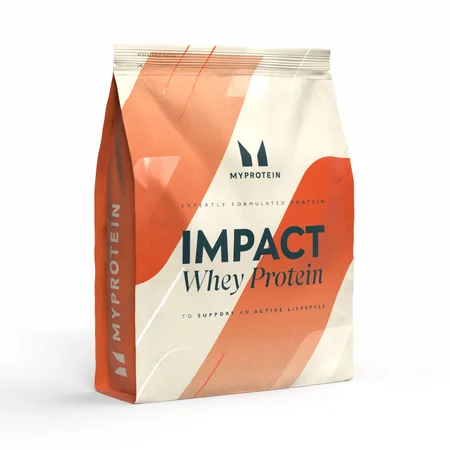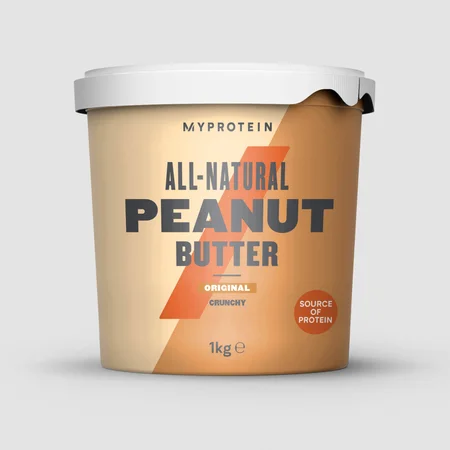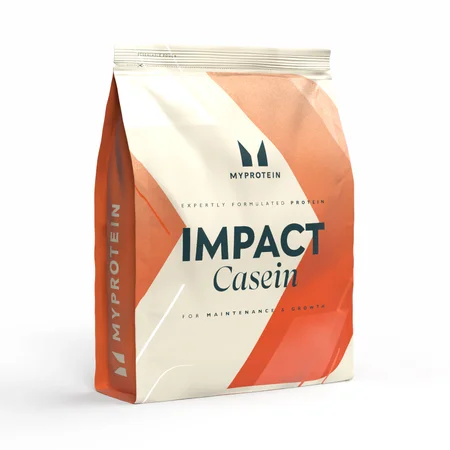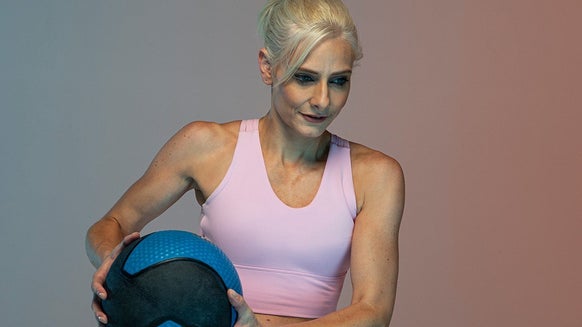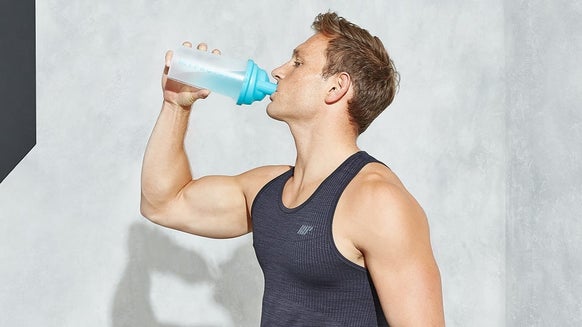The 7 Best Whey Protein Alternatives

Why consider a whey protein powder alternative?
For many gym goers, weightlifters, athletes and the health and diet- conscious among us, whey supplementation is synonymous with protein as if it is the only option available.
Whey protein is just one option, which derives from milk, along with casein. Whey is created in the production of cheese, from the liquid whey that remains when curds come together. When whey protein is made the whey liquid is processed and refined to separate the proteins from the fats and lactose, and then dried to produce a powder. Whey protein contains all 9 essential amino acids, making a great and very popular go-to for protein supplementation.
But there are others that may suit allergies and fulfil certain dietary requirements such as vegan and vegetarian bodybuilders.
The 7 Best Whey Protein Alternatives

1. Vegan Pea protein powder
First up is vegan pea protein powder. Other sources may be derived from brown rice and hemp. Our highly refined pea protein isolate packs a whopping 23g of protein per scoop, with fewer carbs and fats than other alternatives. It is also known to help with weight management for anyone looking to cut body fat because of its ability to leave you feeling more ‘full’ between meals.
2. Lactose-free protein powder
One of the most common concerns for gainers trying to get their daily recommendation of protein is lactose, as the mighty whey derives from milk and cheese, lactose-intolerant folk may wish to find an alternative. As with the average vegan and vegetarian protein powders, your answer is to seek out a plant or egg-based proteins including brown rice, hemp and pea protein powders. The good news is that you'll be pleasantly surprised to learn the protein per serving content rivals that of whey.
3. Hemp protein powder
Hemp features a substantial amount of the nine essential amino acids, making it great for the development of lean muscle and recovery.
Further to this is its high content of omega-6 and omega-3 fatty acids, which you usually get from foods such as fish. Again, good news for vegetarians, as these massively contribute to the wellbeing of your heart and joints.

4. Brown rice protein powder
Brown Rice Protein gives those of us avoiding whey a great option that suits vegetarians and vegans. It is also chock full of iron, providing you 10 percent of your daily recommendation in just one tablespoon.
You may usually think of rice as a source of carbs, but it’s good news for anyone looking to limit their carb intake as brown rice protein is isolated, containing only 2g of carbs per tablespoon.
5. Soy protein powder
Soy protein powder is just as effective as many animal-based proteins. It is also a great source of protein for anyone looking to trim fat. Soybeans are a legume that are naturally high in protein and also fairly low in fat. Soybean meal is processed into soy protein isolate, which consists of around 90 to 95 percent protein. This process minimises fats and carbs.
6. Egg white protein powder
Egg whites are widely known as a top dietary source of protein for building muscle. Egg protein is highly bioavailable, meaning that your body (namely muscles) use more of it when it is digested. It is also higher in branched chain amino acids (BCAAs) than whey. Egg white protein powder is also naturally free of fat and carbs.

7. Casein protein powder
Casein, like whey, is a product of milk. The foremost benefit of casein is its ability to keep you satiated (feeling full). It is a slow-digesting protein, which makes it perfect for taking last thing at night to ward off cravings and avoid that eight hour fast when you sleep. The benefit of this is greater muscle retention and fat loss.
Take home message
It’s important to remember, particularly for vegans, vegetarians or those trying to reduce the amount of animal products in their diet, that whey is not the be all and end all for protein supplementation. There are plenty of plant and egg-based powders out there with an equally high protein content.
